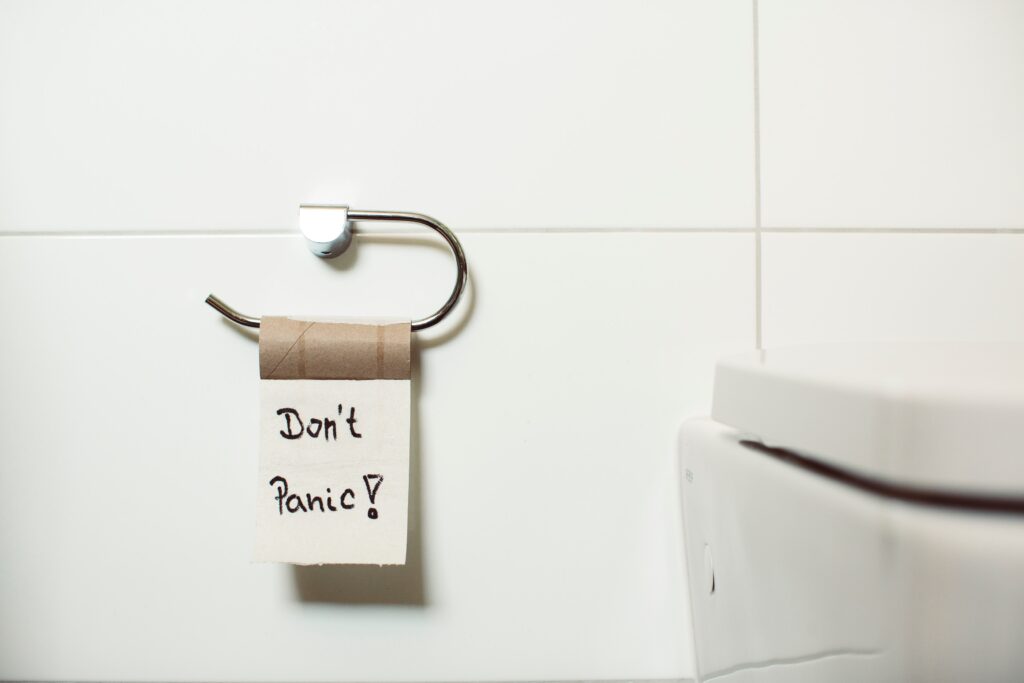
Building your emergency savings up for a “rainy day” is important. However, how much should you be saving for this fund and what should it be for?
Everyone should prepare for sudden expenses by regularly putting money aside for unexpected expenditure, such as a broken washing machine or boiler. There is such a thing as too much in savings, so you are best to split this – keeping some to hand as emergency savings, and putting the rest where it can work harder for you.
In 2020, the average resident of the UK had approximately £6,757 in financial savings, and although this amount is the average of all British adults, this figure is somewhat low when thinking of average UK living expenses, with nearly one in 10 (9%) having no savings whatsoever.
In the event of an emergency, a large minority of the British population may actually be in a bit of trouble, with about one-third of adults living in Great Britain having less savings than £600 in 2020.
However, with the Coronavirus Pandemic and the associated lockdowns restricting spending on holidays and travel, more money is now being saved than ever, so every cloud has a silver lining. This has also led to the UK personal debt bubble shrinking for the first time since 2013.
How can you save money?
There are many ways to systematically save money, like stowing away a few pounds each pay cheque. This is best with a smaller amount that you can afford to put in and is more effective than saving larger amounts now and again and ensures you do not overcommit too much money. Consistency of saving is the key and it will also get you into the habit of making savings.
For example, by saving around £25 a month, this would mean you would save around £300 a year. This may not seem much, but this will build up over time, and is an amount affordable each month.
It is a usual recommendation for financial advisers to maintain three months’ worth of expenditure as a good rule of thumb. So, if you spent £1,000 a month on mortgage or rent, food, heating bills and other things you deem essential, you should aim for £3,000 in savings. This will also help pay for something you weren’t expecting, such as a boiler breaking, or an expensive repair on your car.
In the unfortunate event of being made redundant or being unable to work through illness, this fund will also give some breathing room to get back on your feet.
It is also important to note that before you start building up your emergency funds, to assess whether it would be cheaper to put those spare funds towards any unsecured debt, such as a credit card, unauthorised overdraft, pay-day loan, and any arrears on mortgage payments, as it may be cheaper in the long run to pay these off first.
